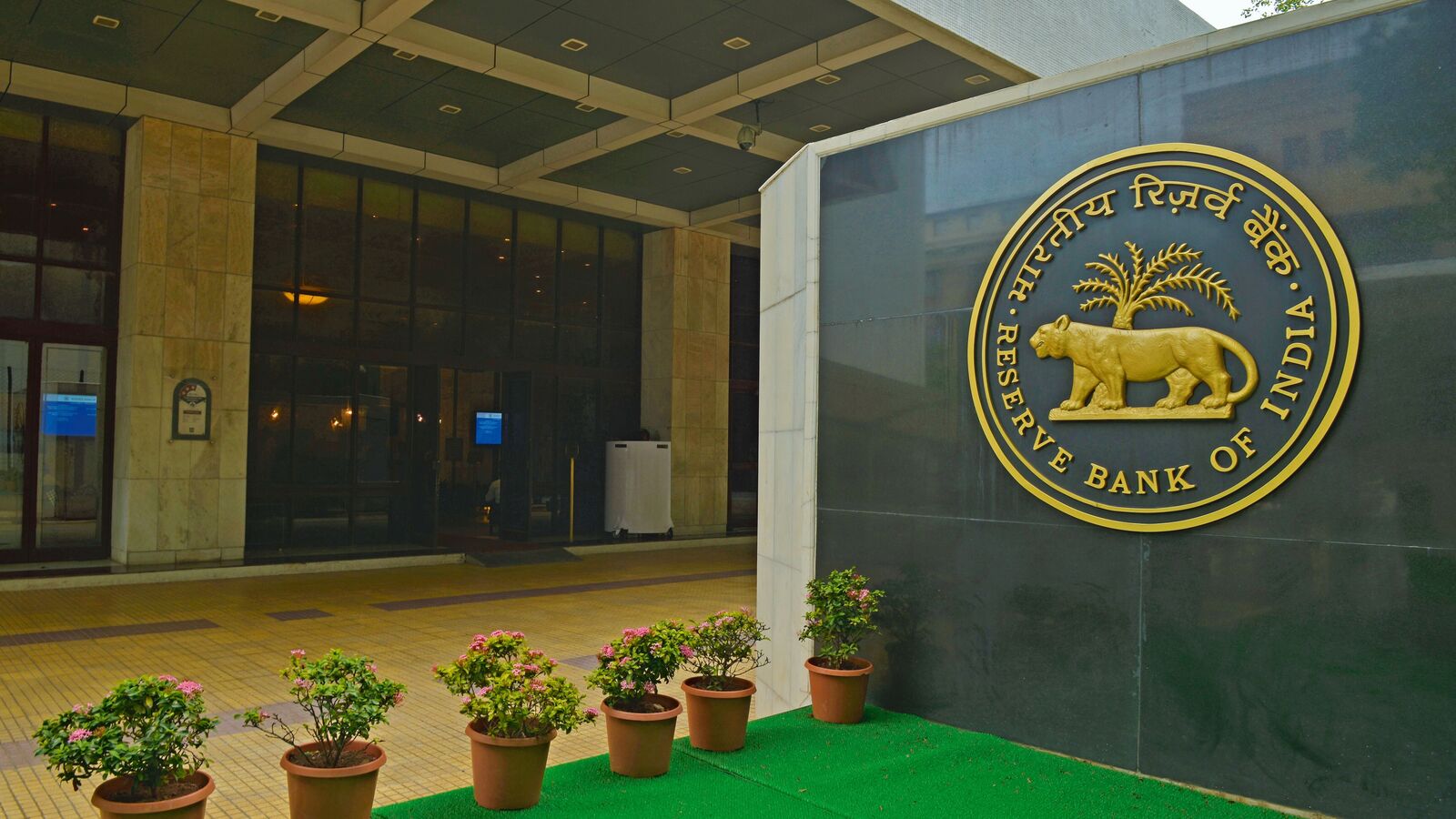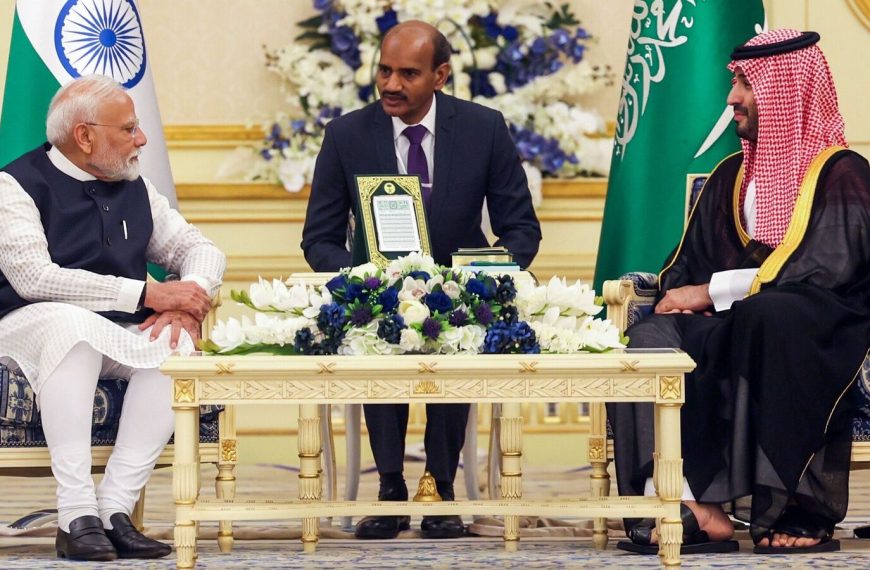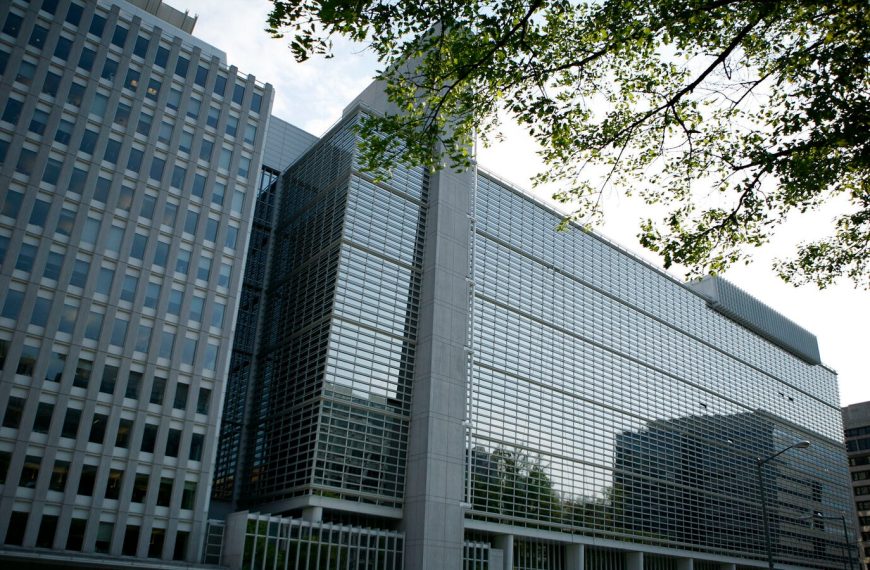Concerns regarding the global tariff conflict cast a shadow over the recent gathering of the Monetary Policy Committee (MPC), as revealed by the minutes from the meeting released on Wednesday. Policymakers voiced their apprehensions about how these tariffs might hinder India’s economic growth, advocating for a reduction in the repo rate and a shift in policy direction. The six-member panel reached a unanimous decision on April 9, opting for a 25 basis points cut in the repo rate and adopting a more accommodating policy stance to bolster economic growth.
Impact of Tariffs on India’s Growth Forecast
In light of the uncertain global landscape, which poses considerable threats to growth, Sanjay Malhotra, the Reserve Bank of India (RBI) governor, acknowledged the challenges at the meeting. While he expressed a somewhat optimistic outlook regarding the impact of tariffs, he recognized the potential ripple effects on the Indian economy.
- Key Points from Malhotra’s Remarks:
- India’s economy is primarily driven by domestic demand, making it somewhat insulated against global shocks.
- There may be positive outcomes for India from falling crude oil and commodity prices.
- Despite this, the economy is not entirely shielded from external disturbances.
The International Monetary Fund (IMF) recently adjusted its growth forecast for India in FY26 down to 6.2% from 6.5%, while the World Bank similarly revised its estimate to 6.3% from 6.7%.
Caution from MPC Members
During the MPC meeting, Rajeshwar Rao, the deputy governor of the RBI, voiced concerns over the implications of tariffs on trade and domestic economic activities. He pointed out that while inflation remains under control, GDP growth could experience downward pressure due to increasing global uncertainties.
- Rao’s Insights:
- The current economic climate necessitates strong policy support to foster growth.
- Trade disruptions could compromise the stability of financial markets.
Nagesh Kumar, an external member of the MPC, echoed these sentiments, emphasizing the urgent need to stimulate private consumption and investment through both fiscal and monetary policy measures.
Advocating for Aggressive Rate Cuts
Kumar suggested that further repo rate cuts could be beneficial, proposing a more ambitious 50 basis points reduction instead of two smaller cuts of 25 basis points each. He acknowledged the global uncertainties but advocated for a careful and phased approach.
Ram Singh, another external member, stressed the importance of addressing domestic inflation and growth challenges. He noted that while the external sector remains robust, rising global uncertainties could pose risks to merchandise exports, although service exports might hold steady.
Monitoring Global Trends
Saugata Bhattacharya, another MPC external member, warned of possible spillover effects from a global slowdown due to tariffs. He suggested that India’s external balance could come under scrutiny, urging close monitoring of trade trends.
- Bhattacharya’s Considerations:
- Changes in household consumption and saving behaviors could influence the trade balance.
- Capital inflows and remittances might face adverse impacts.
Rajiv Ranjan, also an MPC member and RBI executive director, highlighted the significant challenges confronting domestic growth amid heightened global uncertainties. He remarked on the changing global economic landscape and its potential effects on India, which, while predominantly driven by domestic demand, could still feel the pinch through reduced external contributions and increased investment uncertainties.
Conclusion
In the recently released State of the Economy report, RBI officials indicated that despite the global trade wars, India might remain relatively less affected compared to other countries, thanks to its robust domestic engines of consumption and investment. However, as the global economic environment evolves, vigilance will be essential to navigate potential challenges ahead.











